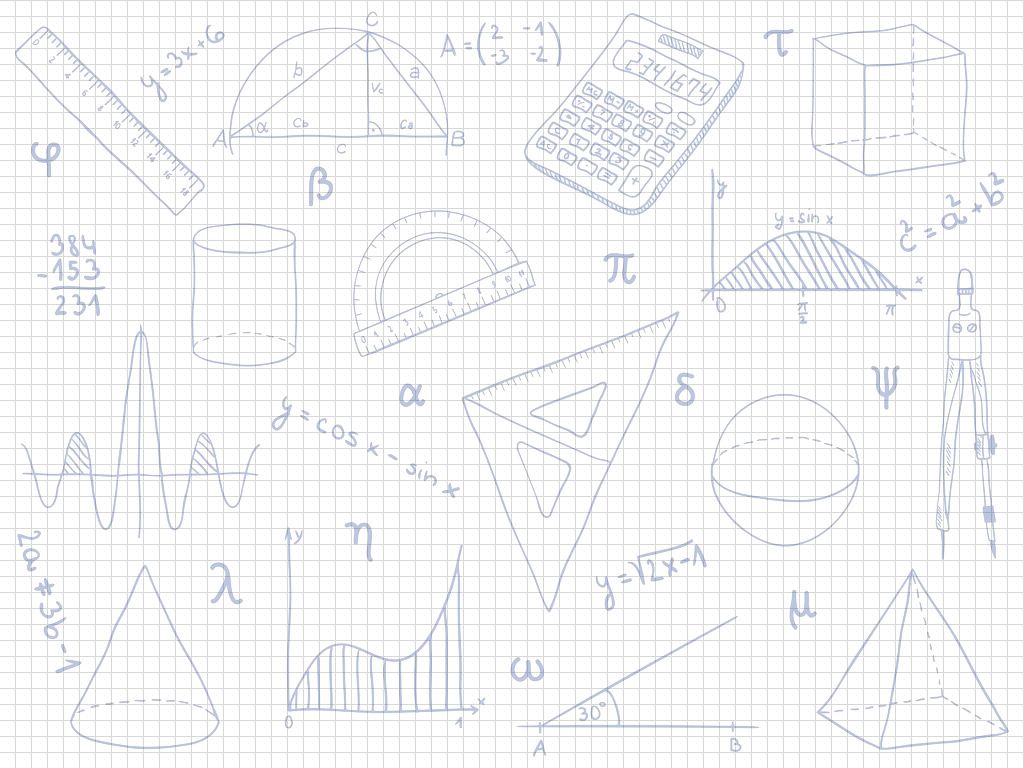Sample Problems for Grade 4
When choosing an afterschool educational program for their child,
most parents pursue two goals: short-term academic success at school and long-term success in their children’s future career.
The short- term goal is clear.
For multitude of reasons, some parents are not satisfied with the quality of education their school provides or wish to supplement and expand it.
An afterschool program can teach kids the skills aligned to the school’s curriculum and provide the practice they might be lacking at school increasing their academic performance.
Long-term, with the college education in mind, an afterschool program should delve deeper and expand beyond the basic curriculum promoting critical thinking skills versus memorization.
Even longer term, in 10 or 20 years, every parent wants their children to grow into great independent learners when they might pursue a continuing education program or a career change.
This leads to a choice of an afterschool program that not only provides the basic academic skills, but also teaches how to be a successful learner.
Any educational afterschool program tries to reach these goals, but here, at the Studio, we are convinced that it is most efficiently done in smaller groups. Research has shown that what a child learns in their first six years has an important impact on their educational experiences, so we believe that it is best to start learning math at an early age. Working with the younger kids necessitates that a big part of the classes must be taught using sensory and manipulative approach which is also better achieved in smaller groups.
When developing educational materials for the Studio, we bring the thinking process into focus trying to save time on the mundane tasks such as copying the problems from a textbook. With younger kids, we use workbooks only, where the students can write the solutions and answers without having to go back and forth between the handout and their solution on a paper. Because of that, the volume of homework might seem bigger and could be daunting for some kids. We suggest that parents prepare their children for the idea of the weekly homework assignments, so it doesn’t come as an unwelcome surprise.
Studio is dedicated to meeting both short- and long-term goals of your children’s education. To give parents an opportunity to familiarize themselves with the variety of our materials, we posted a few sample problems and topics for grade 4. Among these materials, you will not find the problems focusing on practice and review of basic calculation skills. It is not because we don’t think them important; mastering foundational skills is a cornerstone of our curriculum. Every parent is familiar with this type of problems and expects any math afterschool program to teach how to add, subtract, multiply and divide whole numbers and fractions. If you are interested in seeing these materials, they can be shown during your child’s evaluation by request.


